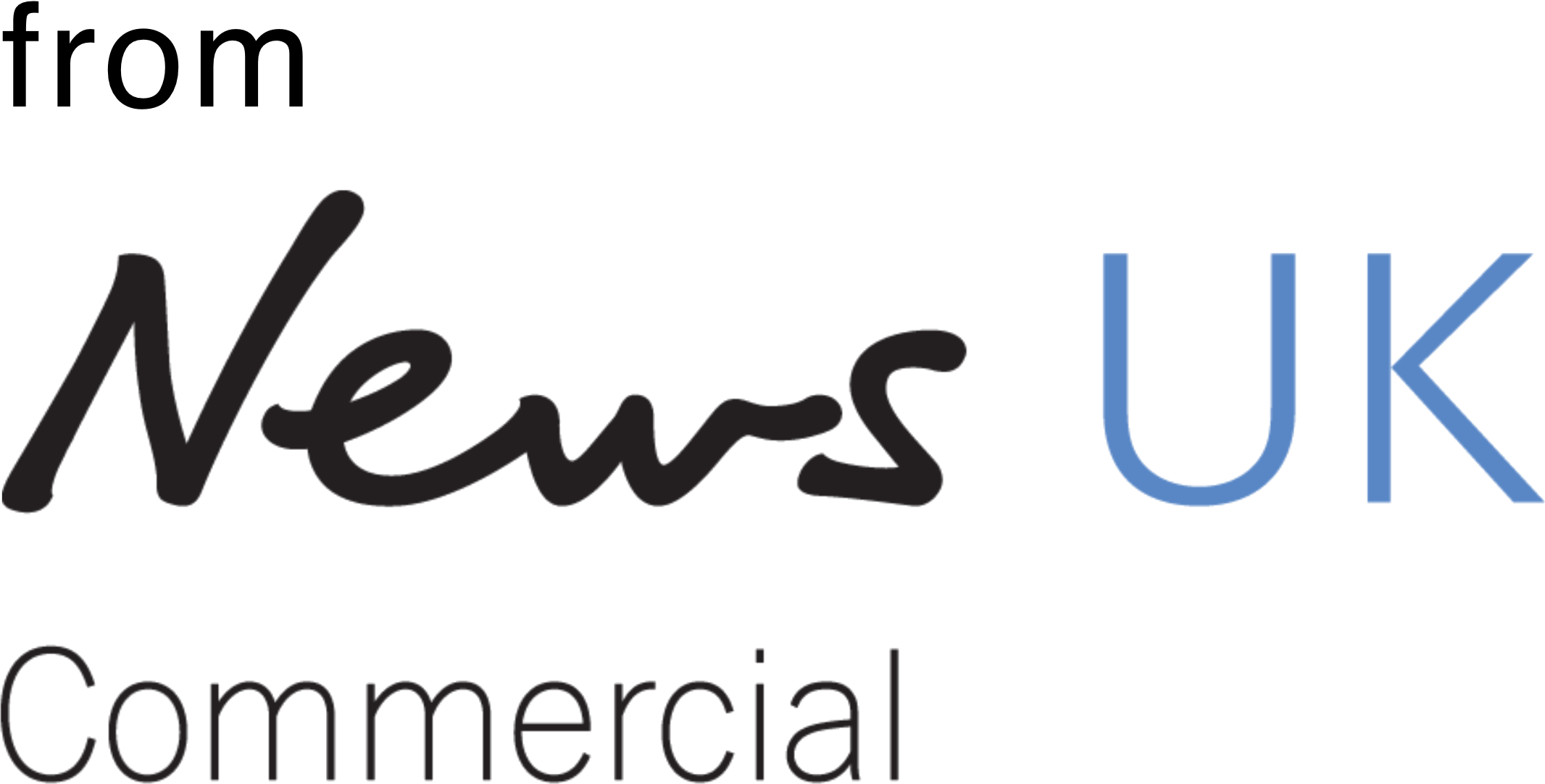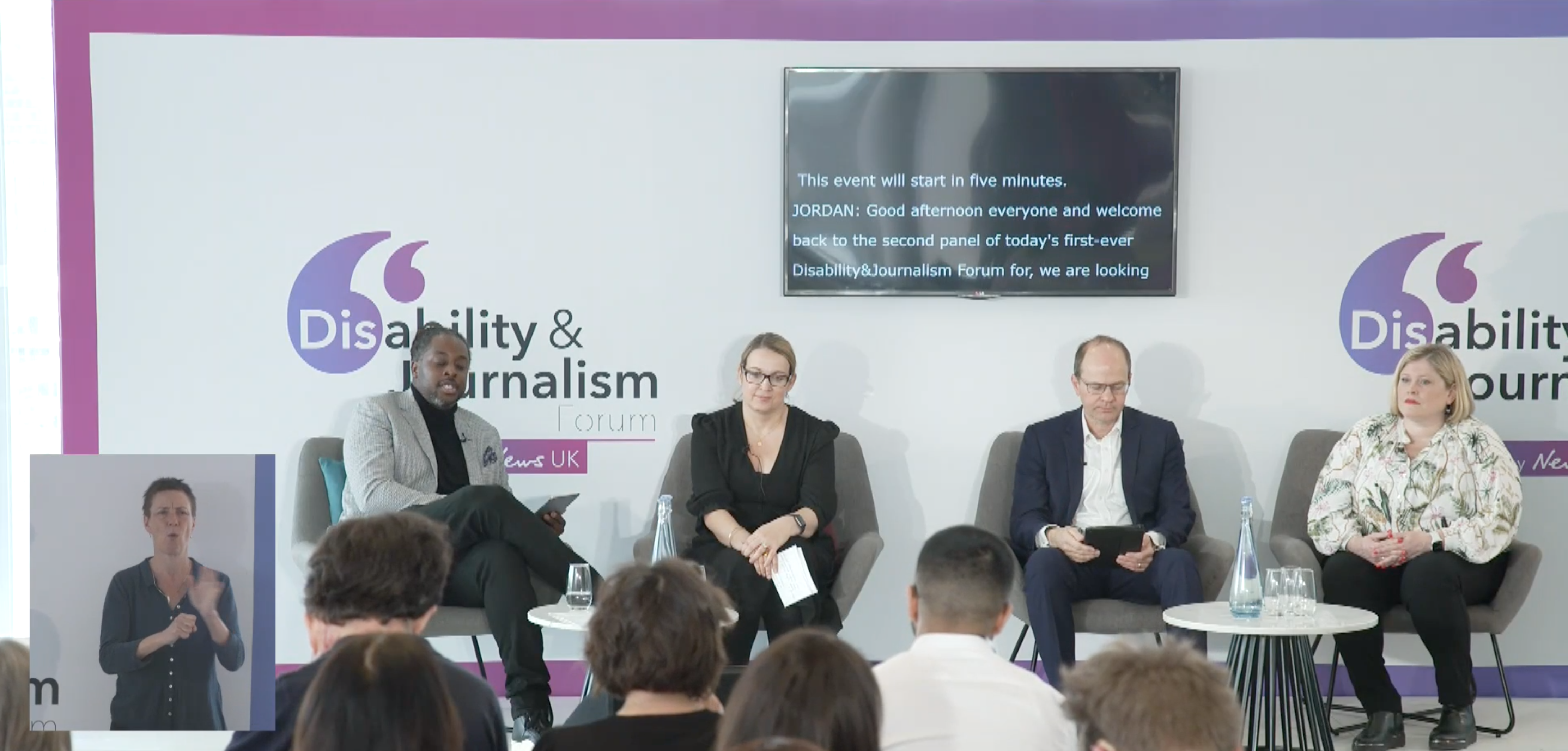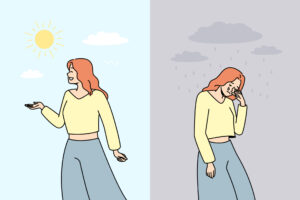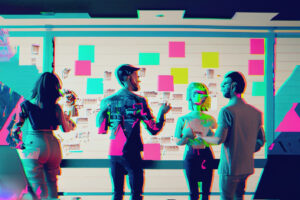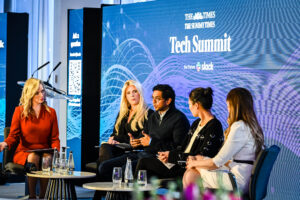On March 23, 2022, the Disability Journalism Forum became the first ever conference aimed at improving representation of disabled staff in UK newsrooms.
The forum heard how disabled journalists can wield "soft power", that being a good employer can create a message of corporate kindness and how news organisations can best accommodate diverse talent.
It also hosted "Making content more accessible to readers", a panel examining how publishers and brands can widen their audience through accessible content. Here is a panel summary...
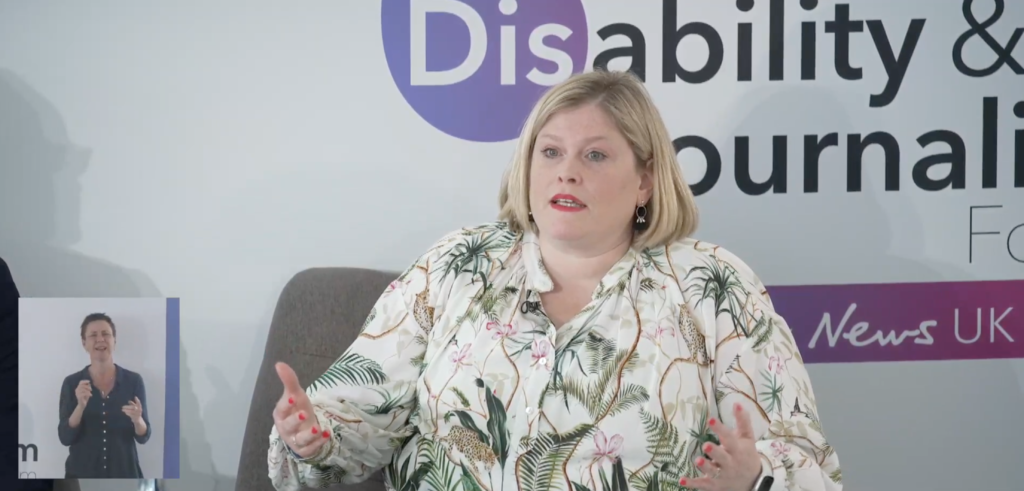
Accessibility is a business driver
Catherine Grinyer, co-founder, Attendable -- Grinyer said the business case for making media accessible is strong:
"Why would you want to exclude a fifth of your audience from receiving your content, your advertising, products and services? ... Legal & General recently invested heavily in accessibility. Within the first day of launching an accessible site, they were up 25% on search engine (traffic) ... Get it tested for accessibility ...You’ve got to think inclusively to be inclusive."
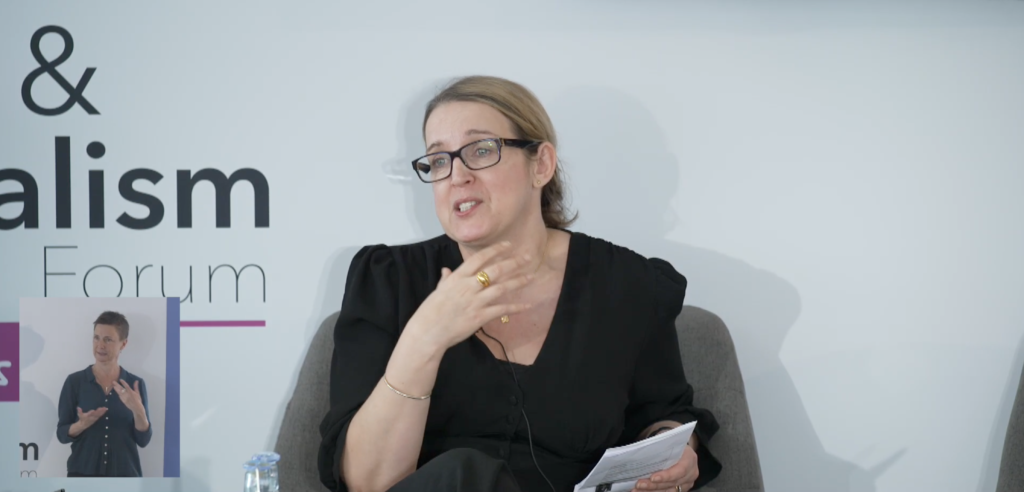
'Accessibility-first' has 'turned the tide'
Helen Hewitt, head of design ops, Dow Jones -- The news service began an initiative in 2021 to go "accessibility-first" across all its products and services, Hewitt said:
"Giving a good customer experience and believing in accessibility is critical. ... We’ve audited all our products - over 30 products - to understand where the issues lay; we’ve got a long, long list. Every new product we’re building is built with accessibility in mind. One new initiative is to put an accessibility statement, which we never had. ... Accessibility is talked about in every meeting I go to."
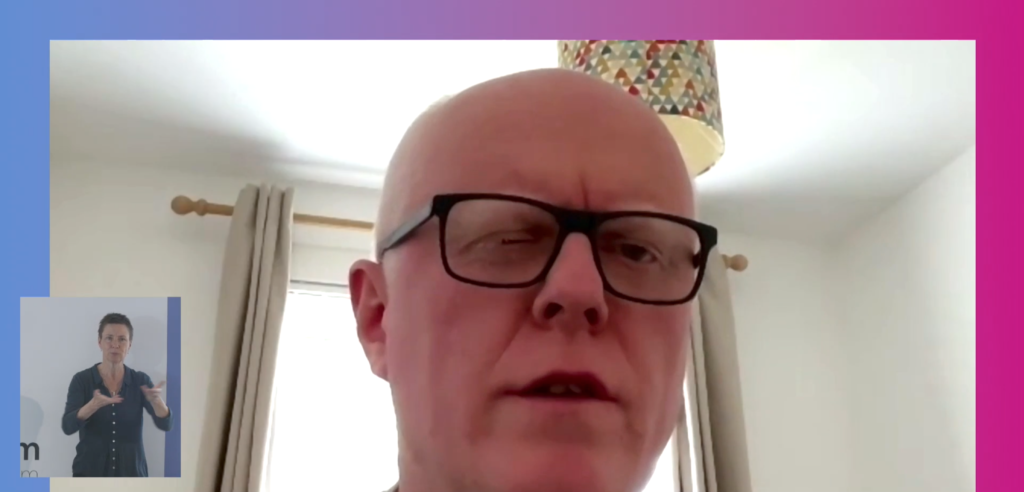
Bigger audience is on offer
Robin Spinks, senior manager, inclusive design and innovation, RNIB -- Spinks has learned from creating Auditorial, an immersive, customisable storytelling pilot site with The Guardian and Google:
"We are all familiar with (accessibility) standards. But imagine a world where we push to the ultimate customisation. ... Ask yourself, 'How could that become richer, more immersive, more engaging? What could I do as a content creator to facilitate that?' ... The reading experience is changing rapidly and in exciting ways. The opportunity is there to reach many more people."
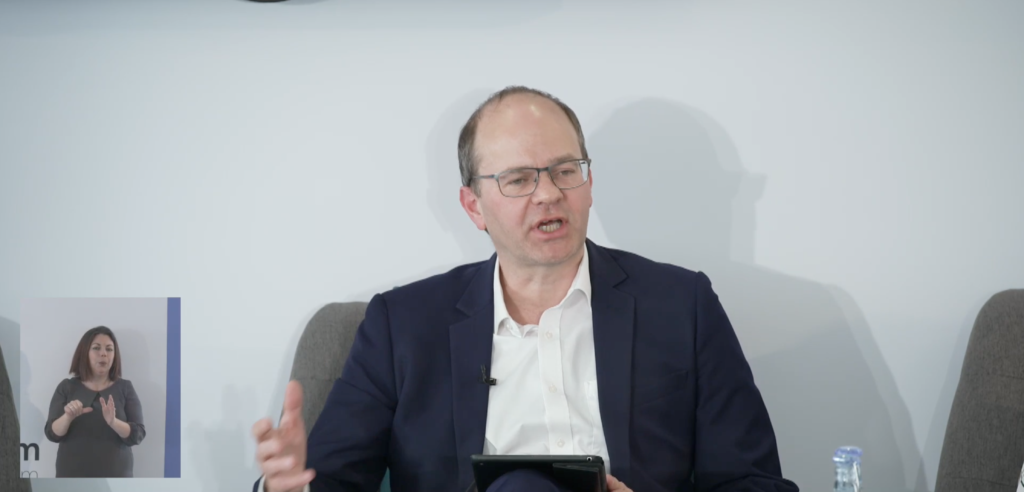
Listen up - 'describe, describe, describe'
Roger Wicks, head of policy and campaigns, RNID -- Media are failing to adequately subtitle or provide audio descriptions for video and TV, especially for live events, Wicks said:
"Content isn’t consistently subtitled - that’s a problem. … Background noise and poor audio quality is cutting people out of the experience. ... We need accessible communication and less jargon in programming. ... Where there’s urgent news, we need BSL interpretation, too. We need more people with lived experience on programmes, in the media."

